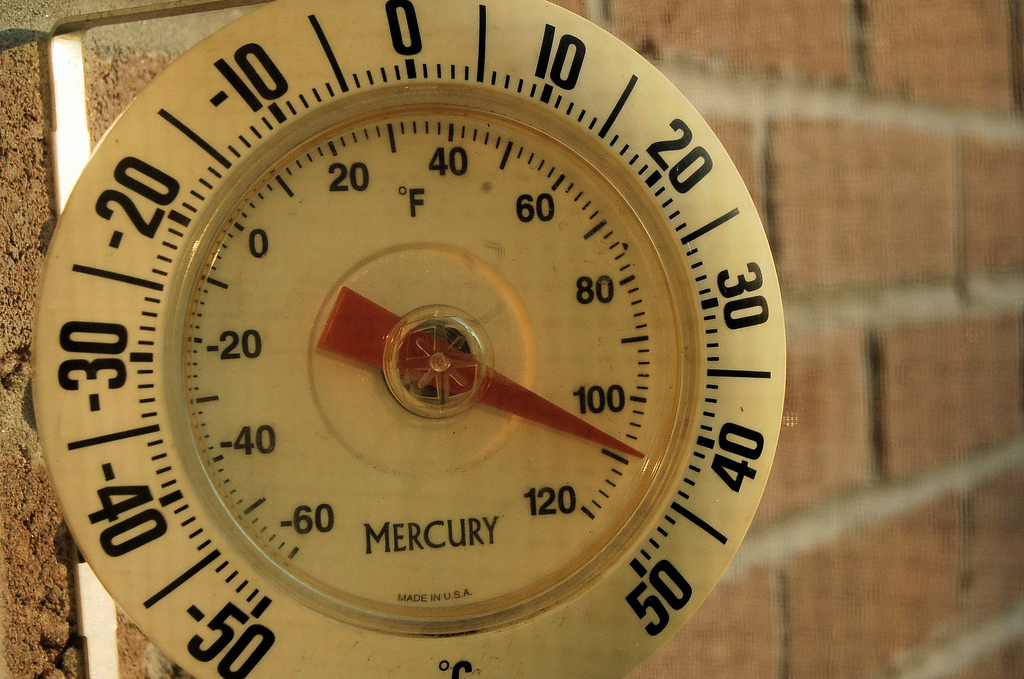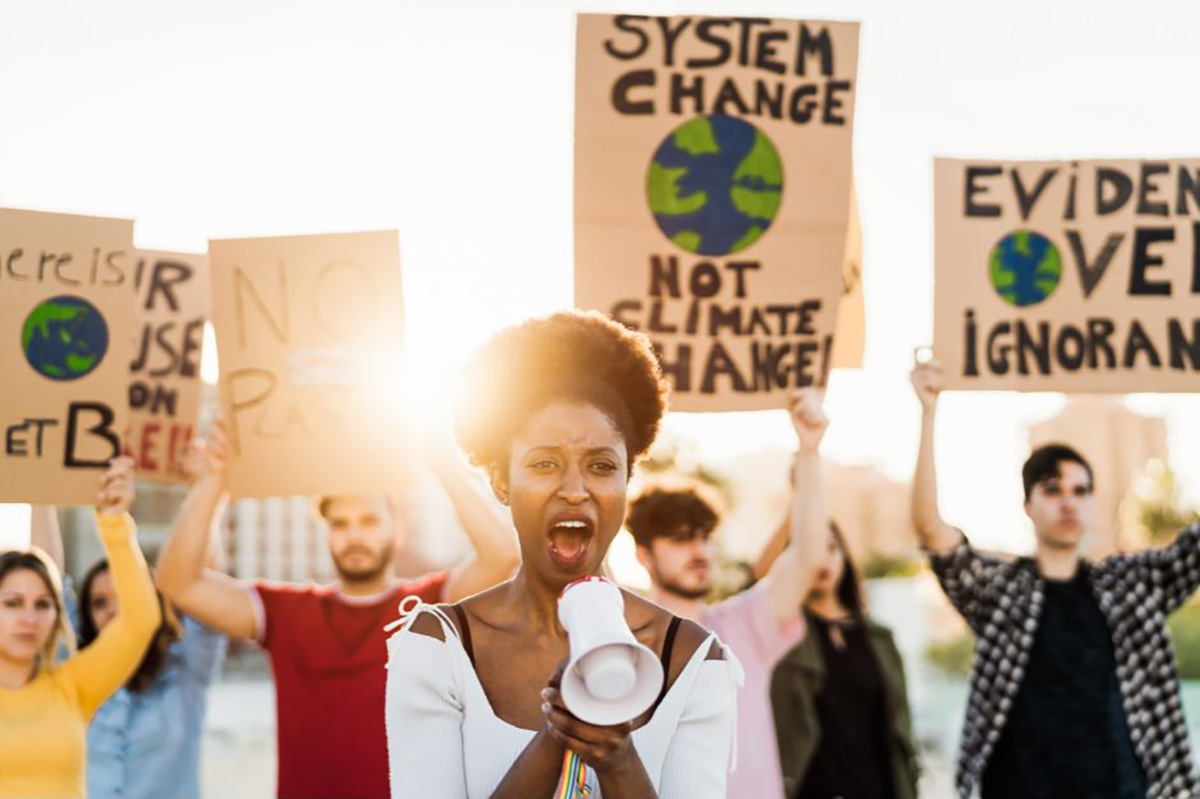“Will Paris talks limit global warming?”
November 22nd, 2015Long term emissions goal in Paris deal will generate certainty, writes Fariya Abubakari, 26, a Commonwealth Correspondent from Bawku, Ghana, and provide a clear pathway to a low carbon future by keeping global temperature increases below two degrees Celsius.
The African region most vulnerable to climate change is Sub-Saharan Africa, which relies on rainfall for 95 per cent of crop production. Recent studies indicate that a more than two degree increase in global temperature will affect agricultural productivity in the tropics, and this impact will mean a “cooking” of the African continent.
Scientist have argued that humanity must achieve a state of zero greenhouse gas emissions by the end of this century in order to hold the global temperature steady.
This calls for all countries, including Ghana, to set ambitious targets to constantly review and make new commitments, hence the five year cycle. An ambitious long term goal without effective short term measures would allow countries to fall far behind in their greenhouse gas reduction.
According to the World Research Institute (WRI), the five year cycle is meant for assessing and strengthening countries’ actions to reduce emissions, adapt to climate change naturally and support low carbon growth in a manner that is fair, equitable and just. In this five year cycle are the mitigation, adaptation and support aspects, which are good for a middle income country like Ghana.
The world’s most vulnerable countries, such as Samoa, Ethiopia and the Maldives, have shown strong support for rapid emissions cuts needed for zero greenhouse gas emissions by 2050.
But some countries are making low commitments even as pollution level rise faster than at any time in history. Countries like the US, India, China and other big carbon emitters are pumping out fossil fuels and polluting the atmosphere. These countries have used scientific uncertainty about climate change to justify non-reduction of greenhouse gas emissions. Economic arguments are also used as an excuse for inaction.
Limiting warming to below two degrees will avoid some impacts, such as minimising sea level rise, while allowing ecosystems to adapt naturally to ensure that food production is not threatened. It will also stabilise greenhouse gas concentrations in the atmosphere at a level that will prevent dangerous interference with the climate system.
According to climate action tracker reports, the targets countries have set so far to limit their contribution to climate change over the next several years won’t do enough to keep global warming below the two degrees threshold. Countries need to plan to reduce emissions by 12 to 15 gigatons of carbon dioxide by 2030 if they are serious about staying under two degrees. This is possible as long as more action is taken after Paris.
Countries need to strengthen their pledges, and those that are yet to pledge – including high emitters such as India, Brazil, Iran, Indonesia, Saudi Arabia, South Africa, Thailand and Pakistan – must aim to reduce carbon emissions as much as possible. These countries will have to make much more drastic cuts if the Paris climate talks are to achieve the goal of limiting global warming and aiming toward getting to zero emissions in the next 85 years.
If these pledges fail – and result in frantic effort to make more drastic cuts – events will put disadvantaged populations in rural Ghana and vulnerable countries in significant danger, as their livelihoods depend on natural resources such as agriculture. Populations will be at risk from conflicts over scarce resources and people will be displaced or forced to migrate, as is happening in the case of Syria. All countries need to act now otherwise, or the target of keeping global warming below two degrees Celsius will be missed as climate analysts warns.
Reach me at fariyaabubakari@yahoo.com
photo credit: Toronto heatwave 2010 via photopin (license)
…………………………………………………………………………………………………………………
About me: I am from Bawku in the Upper East Region of Ghana, where I am the Country Coordinator of End Ecocide Ghana, a soil scientist and a climate tracker activist who writes about Ghana’s role in international climate negotiations. I am a graduate student of Kwame Nkrumah University of Science and Technology and love researching, reading, writing and cooking.
…………………………………………………………………………………………………………………
Opinions expressed in this article are those of the author and do not necessarily represent the views of the Commonwealth Youth Programme. Articles are published in a spirit of dialogue, respect and understanding. If you disagree, why not submit a response.
To learn more about becoming a Commonwealth Correspondent please visit: http://www.yourcommonwealth.org/submit-articles/commonwealthcorrespondents/
…………………………………………………………………………………………………………………





